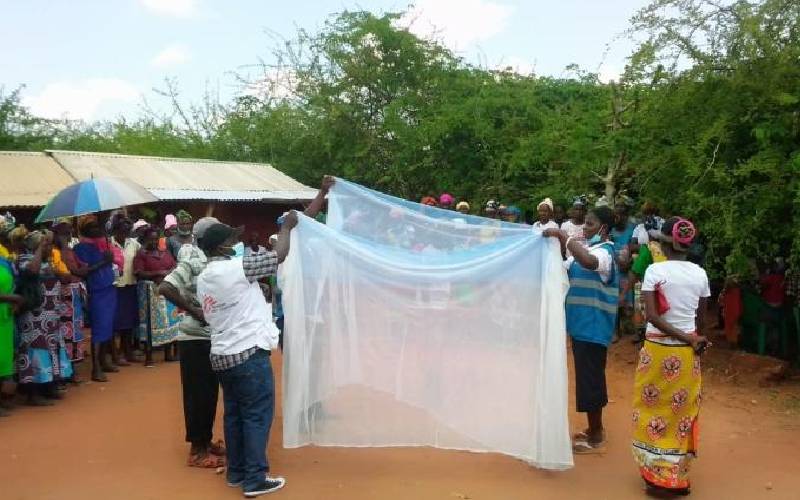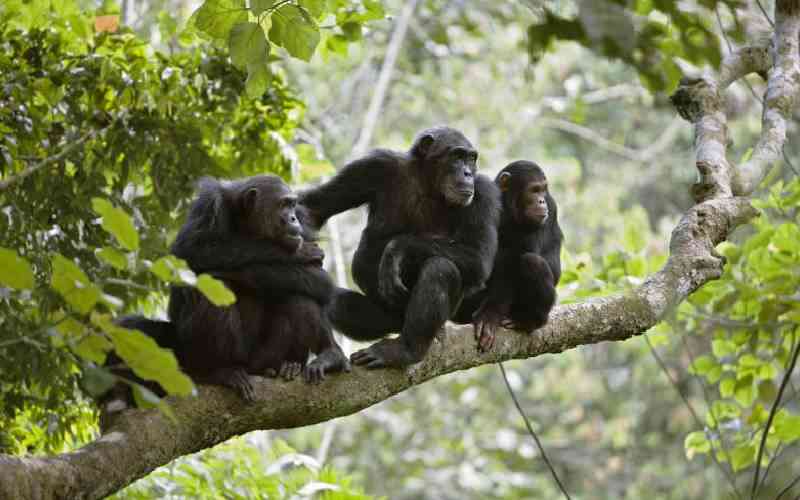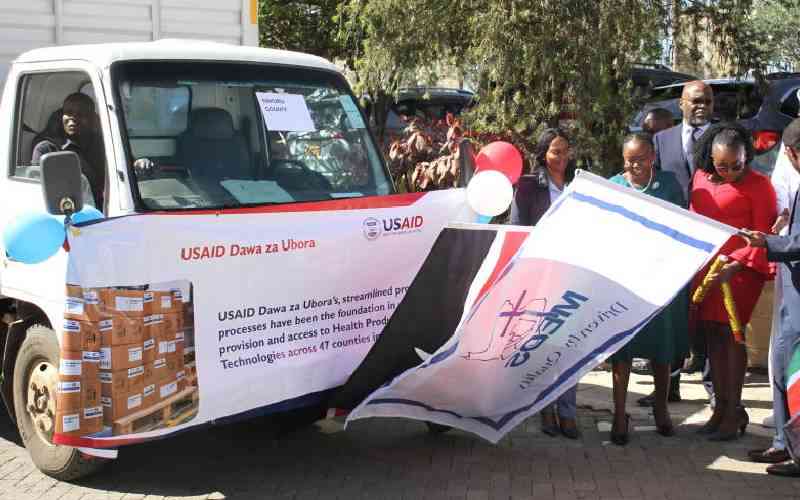
MSF community sensitisation team at Kamachabi village, Tharaka Nithi. February 3, 2022. [Courtesy]
People living in pastoral communities risk contracting infectious diseases due to prolonged drought.
The Ministry of Health has confirmed an outbreak of visceral leishmaniasis, also known as kala-azar in Tharaka Nithi, Kitui and Marsabit counties.
Kala-azar is a neglected tropical disease spread by the bite of sandflies.
Director of Public Health Francis Kuria attributed a surge in the disease to human encroachment on animal habitats.
“People are moving their livestock in search of pasture and water, an issue that is contributing to a surge in kala-azar cases, in endemic counties,” explained Dr Kuria, adding that the ministry has established a kala-azar treatment centre in the county besides sensitising affected villages on containment measures.
Sandflies bite the face mostly because it is highly exposed compared to other parts of the body.
In severe cases, it causes peeling of the lips, eyes, and nose that swell turning into un-healing wounds.
At least 41 cases have been reported between September and December last year by Doctors Without Borders (MSF).
Kelly Khabala, the MSF Deputy Coordinator, said the organisation has not only partnered with the ministry in distributing 7,000 insecticidal nets in the last five weeks, but is also “working with local communities on sensitisation, vector control activities, testing, capacity building for healthcare workers and referral of cases for treatment.”
Marsabit County has also reported cases. An official who requested anonymity confirmed this, stating that surveillance to establish affected villages and number of cases have been going on.
Health experts say patients who seek medication on time are easily treated.
Dr Sultani Matendechero, Head of the National Public Health Institute (Kenya CDC), said in an interview that diseases like kala-azar spike after dry spell in December and January.
This has been attributed to people moving in search of pasture and water for their livestock. They get infected and bring it back to the community.
Rift Valley fever (RVF) is also a disease to be cautious about as it affects humans and animals.
RVF is a viral disease most commonly seen in domesticated animals, for example as cattle, buffalo, sheep, goats, and camels.
People can get the disease through contact with blood, body fluids, or tissues of infected animals, or through bites from infected mosquitoes.
“Meat consumers should be cautious about the meat they are served with,” warned Dr Matendechero.
Zoonotic diseases have also been reported in counties of Meru, Tharaka Nithi, Isiolo and Meru.
According to Dr Benson Kibore, the national chairperson union of veterinary practitioners, zoonotic diseases include anthrax, rabies and brucellosis.
“Counties are reporting zoonotic diseases because of scarcity of pasture and water, that is causing animals to congregate, thus infecting each other,” said Dr Kibore.





